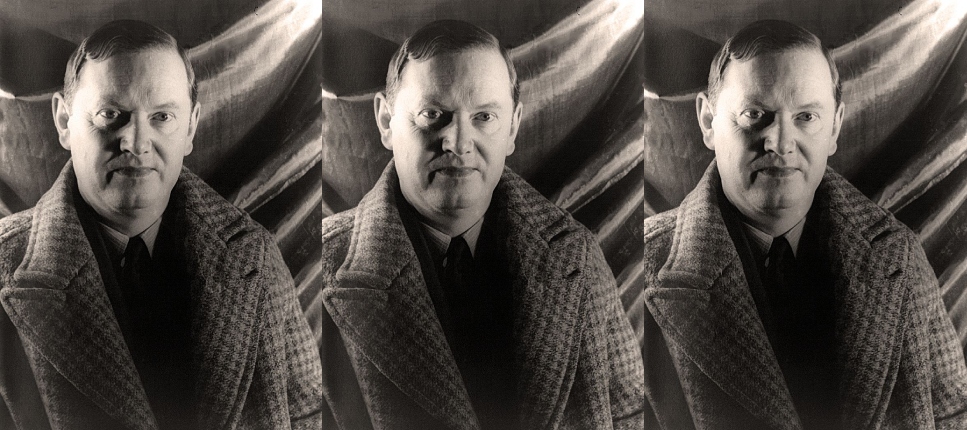Lit Hub Weekly: October 23-27, 2023
THE BEST OF THE LITERARY INTERNET

-
“Beneath the headlines of blockbusters and bestsellers, underneath the froth of the book fairs, something is terribly wrong.” Why Toni Morrison left jer job in publishing. | Lit Hub
-
Lucy Sante considers the poetic evolution of Bob Dylan. | Lit Hub Music
-
Why Anne Boleyn, second of King Henry VII’s six wives, captured our collective imagination. | Lit Hub History
-
Meet Dr. Lise Meitner, the Jewish physicist whose breakthrough discovery made Oppenheimer’s work in the Manhattan Project possible. | Lit Hub Science
-
Jhumpa Lahiri’s Roman Stories, Teju Cole’s Tremor, and Safiya Sinclair’s How to Say Babylon all feature among October’s best reviewed books. | Book Marks
-
Adriana Chartrand on using horror stories to “outwardly express the inner turmoil of living under contemporary colonization.” | CrimeReads
-
“I’m still looking at the ceiling. No flies anymore. I make some tea but forget to sip it. Now dust from the two explosions is settling on the couches, rug, and table.” Mosab Abu Toha writes from Gaza. | The New Yorker
-
Laura Miller considersThe Pigeon Tunnel, Errol Morris’s new documentary about John le Carré. | Slate
-
Emily Wilson on Edith Hamilton, “a retired Latin schoolteacher with limited formal education and almost no scholarly credentials [who became] one of the most influential “classicists” of the 20th century.” | The Nation
-
“It shouldn’t be hard to prove that you’re a person—but Britney has been so often ignored and misunderstood, used up and thrown away.” Christine Smallwood on The Woman in Me. | Vulture
-
Jeanette Winterson on the place for ghosts in the metaverse. | The Paris Review
-
“Should authors of poems and novels view chatbots as creative collaborators or as formal containers?” Terry Nguyen reviews three new novels co-written with AI. | Boston Review
-
“The case might be made for Werner Herzog, in documentaries and features and novels, as the narrator of our time, or at least of his time.” Samuel Rutter on Herzog’s voice. | Dirt
-
Penguin Random House has launched the Freedom of Expression Prize, which asks teens to write about a banned book that changed their life. | The Guardian
-
“To act at all today—in relation to communities, in relation to the climate—requires an embrace of one’s own insignificance in the larger scheme of things.” Jasmine Liu on Lydia Davis’s stories and politics. | The New Republic
-
Jordan Peele and N.K. Jemisin discuss the subversive goals of Black horror in their new anthology, Out There Screaming. | The Atlantic
-
Going deep on “literary It Girls.” | Nylon
-
David Wallace Wells reports on Canada’s year of endless wildfires. | New York Times Magazine
-
“While it’s become banal to observe that online life is fully enmeshed with the rest of the world, an imaginary curtain separates online writing from the rest of US literature. It’s time to take that curtain down.” Megan Marz reflects on 30 years of internet writing. | Longreads
-
Facing backlash, Scholastic has said it will no longer separate titles dealing with race, gender, and sexuality in its book fair offerings. | NPR
-
As Microsoft Word turns 40, Victoria Woollaston looks at how—and why—the software has had such a major influence on our lives. | BBC Future
Also on Lit Hub:
How the Stoics dealt with FOMO • On George Harrison’s first shag • Actor Simu Liu and filmmaker Alice Wu discuss the rise of the Asian American romantic comedy • Allyson McCabe considers Sinead O’Connor and misogyny • Behind the scenes of a globemaker’s studio • Curtis Chin on finding his voice while narrating his memoir • How some words do (or don’t) make it into print • How likely is it that aliens could get to our solar system? • On the forgotten essays of Louisa May Alcott • Margaret Renkl on foraging for fungi (instead of writing) • Dwight Garner looks at martinis and the writers who love(d) them • KJ Dell’Antonia on the rules of literary magic • What does “fascist” really mean? • Is ketamine therapy all it’s hyped up to be? • The recurring dreams of Roz Chast • Claudia Acevedo-Quiñones on Puerto Rican literature • Jeremy Cooper on fact, fiction, and film • The transcendental genius of George Balanchine’s ballet • How translation changes your life (and vice versa)



















